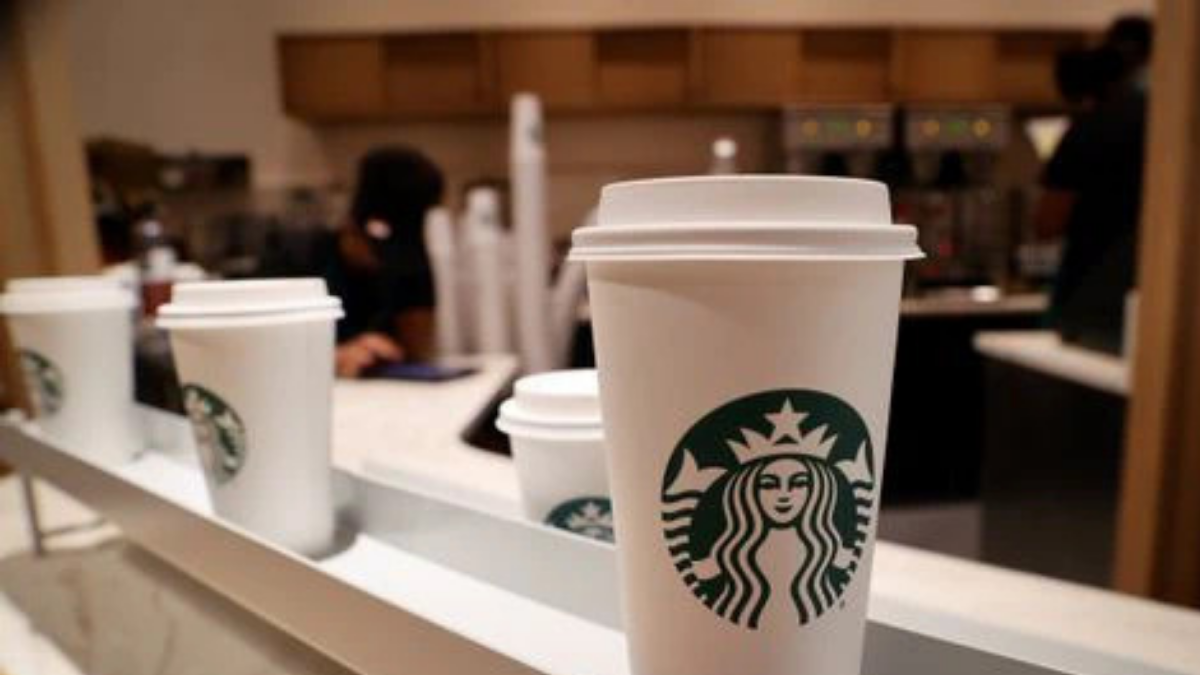Starbucks Corp’s (SBUX.O) newest cafe lacks one element most customers are used to seeing: cashiers.
On Thursday, the global coffee chain opened its first-ever location in partnership with Amazon Go (AMZN.O), the e-commerce giant’s brick-and-mortar convenience store, where customers can sit at a table with a latte or grab a sandwich from a shelf and walk out.
Hit by a U.S. labor crunch, Starbucks and other companies expand labor-saving technology like artificial intelligence, robotics, and digital touch screens.
White Castle is testing a robotic fry cook, and Domino’s Pizza Inc (DPZ.N) is experimenting with self-driving vehicles for delivery. IBM (IBM.N) is developing automated order taking for McDonald’s Corp (MCD.N) drive-thrus.
U.S. restaurant staffing levels broadly are still at least 10% lower than before the pandemic, helping boost margins, said Rabobank analyst Tom Bailey.
“You’d see some of the digital automation tools deployed to cover that 10% gap as they grow,” he said.
The pandemic pushed people to place more orders online for carrying out, delivery and drive-thru. To keep up, Starbucks shifted its development strategy to new store formats, adding pickup-only locations in urban areas and traditional cafes and suburban drive-thrus.
Starbucks and Amazon plan to open at least two more U.S. locations together in 2022, said Kathryn Young, senior vice president of global growth and development.
Starbucks baristas will make drinks and the rest of the chain’s menu at the new location in New York City, which will have the same staffing level as any other Starbucks, she said.
Customers can order through the Starbucks app and grab a coffee to go from a counter near the door. Or they can use a credit card, Amazon app, or Amazon One palm reader to enter the rest of the space, take snacks from shelves, or sit at tables.
































Comment Template